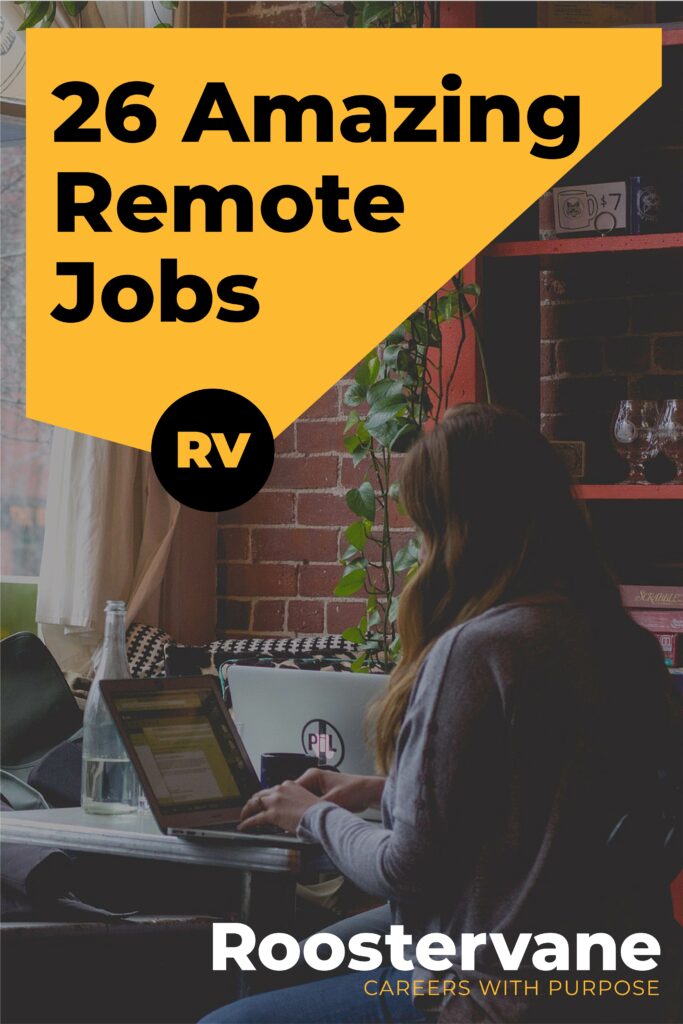I’ve been working from coffee shops more or less full-time for the last 10 years. I suppose you could say I’ve been doing remote work longer than most.
So in this post, I want to give you some of the things I’ve learned about myself and about how to thrive in remote work.
1. Home doesn’t mean home
I’m composing this post on my phone as I walk home from getting a haircut. It’s a sunny fall day.
I consider this to be work.
Our first instinct is to think that working from home means that we literally have to set up an office in our house and never leave it. That might be true for some work, but most of the jobs that I’ve had have components that can be done from anywhere.
I do have a home office, but I love to take long walks when I need to compose something. I will take my notebook to the park when I am working through ideas. I will sit on my back deck in the sun while I read a policy report. Just because you are working from home doesn’t mean you need to replicate all the bad elements of office life.
I also make change of scenery a rule, something that’s become more difficult with the pandemic. But, if I’m having a difficult day and struggling to focus, it’s usually a good sign that I need to take my laptop and head to the local coffee shop.
2. You don’t need to work every second
This spring, I was hired by the government to create a new program. I found work to be creeping towards the total takeover of my life, as I jumped out of bed and stopped in my office to check my emails at 6:30 am AND check in on the Team’s chat before I went to bed at 10. I was glued to Teams, concerned that even if I missed a message, it would create the appearance that I wasn’t working hard enough.
But think back to life in the office.
You very rarely worked every second. There are trips to the water cooler stations with colleagues, time spent staring out the window, the chit-chat in between meetings. The downtime was a reality of office life. With a lot of these simple things eliminated, it can be tempting to think we need to fill up the space with work. But that’s not productive or wise.
3. Get off video
In my last real office job, I was staring at a computer screen for much of the day. But when I had meetings, they were in-person. I still stood up, left the space, and went to look at people face-to-face. This gave my eyes and my brain a break.
The reality of many remote jobs is that they are moving from a lot of screen time to only screen time. Staring at a screen for 8 hours a day is a special kind of torture.
I enjoy finding ways around this screen dilemma. I ask people if we can do a phone meeting instead of a video meeting. I go out and walk with headphones. This takes the drudgery out of meetings and makes them good for my body and mind. If you can, consider printing out things that you have to read.
Find creative ways to give your eyes a break from the constant screen.
Get useful career thoughts and advice from Chris in your inbox!
4. Get clear on your deliverables
When I consult, I’m constantly thinking about deliverables. What do I need to do or produce to make this work? A lot of offices, specifically in the knowledge economy, function on similar logic. Even if you are clocking hours, you are clocking hours towards the pursuit of deliverables.
The thing is, the time punch is an archaic, industrial revolution idea from when workers had to stand/sit in one place and not stop. Good employers recognize that there are certain things they need from their employees, and they focus on getting those rather than getting hours.
Whether you actually have this conversation with your boss or not, get clear on what is expected of you to be a success. Those are your deliverables. If you produce those in a reasonable time, there should be no obsession over your hours in the chair.
5. Invest in your workspace
Whatever your workspace looks like at home, whether it’s your dining room table or a home office, spend a bit of money to make it work for you.
I’ve invested in dual monitors, a laptop stand so I’m not craning my neck, a sad light for the winter months, and above all, a great chair. Sometimes your employer will give you money towards these items, so do ask. But even if you have to pay out-of-pocket, you will be grateful in the long run.
Conclusion
Whether we like it or not, remote work is our new normal to some degree. Some workplaces are choosing a hybrid version and others have shifted completely. Take these five points to heart and you can thrive in remote work.
Now Read: 26 Remote Jobs to Build an Amazing Career from Anywhere






